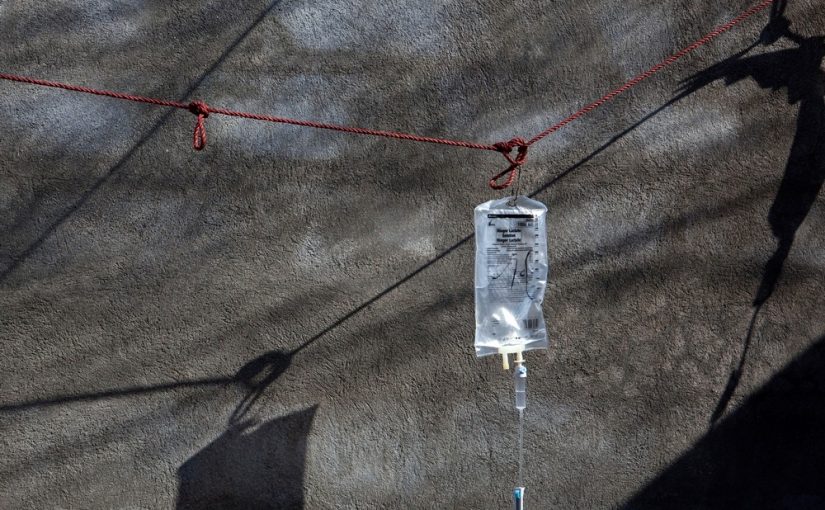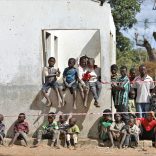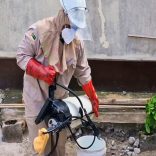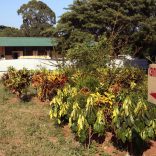Mozambique confirms two more mpox cases - in Maputo province
Mozambique: Authorities see 1,100 new cholera cases, two deaths in two weeks

FLE - For illustration purposes only. [File photo: Médecins Sans Frontières]
Mozambique’s health authorities have confirmed 1,100 new cases of cholera in less than two weeks, in four provinces in the north and centre, which have caused two deaths, according to official data that Lusa had access to on Monday.
The latest bulletin on the progression of the disease, drawn up by the National Directorate of Public Health and with data up to 3 December, confirms 12 deaths from cholera, compared to 10 in the previous report of 20 November (two deaths recorded in Nampula and Zambézia), and 5,452 cases, compared to 4,339 on the same date last year, an increase of 1,113 cases of the disease.
Since the start of the current cholera outbreak, on 14 September 2022, the country has recorded around 40,000 cases of the disease and 153 deaths.
In the bulletins on the progression of the disease, the health authorities now only count data from 1 October 2023, with Nampula province leading the way, with 2,056 cases that have caused four deaths, followed by Tete, with 1,313 cases that have caused six deaths, Zambézia, with 1,142 cases and one death, and Cabo Delgado, with 743 infected and one death.
There are currently around a dozen districts in the north and centre of the country considered to be at risk due to local outbreaks of cholera.
The evolution of these outbreaks was addressed by the Cabinet at its ordinary meeting on 21 November in Maputo, with the body’s spokesperson, Ludovina Bernardo, recalling that the mortality rate is currently at 0.2% (which is currently maintained) of the cases, calling on the public to adopt hygiene measures.
“So far, the assessment of the impact is positive, which is why it has not yet been necessary to declare an emergency,” added Ludovina Bernardo at the end of the meeting.
On 7 November, the Mozambican government announced that it was sending brigades to four provinces in the country affected by cholera to monitor the situation and look for solutions to stop the disease, a day after outbreaks were announced in some districts.
The brigades went to Nampula and Cabo Delgado (in the north of the country) and Zambézia and Tete (in the centre), provinces that “show signs of the need for a sharper approach to the outbreak of vomiting and diarrhoea” associated with cholera, the government said at the time.
Cholera is a disease that causes severe diarrhoea, which is treatable but can lead to death from dehydration if it is not tackled promptly.
The disease is largely caused by ingesting contaminated food and water, mainly due to the lack of sanitation networks.
In May, the World Health Organisation (WHO) warned that the world will have a shortage of cholera vaccines by 2025 and that one billion people in 43 countries could be infected with the disease.
In October, the WHO named Mozambique as one of the countries most at risk.













Leave a Reply
Be the First to Comment!
You must be logged in to post a comment.
You must be logged in to post a comment.